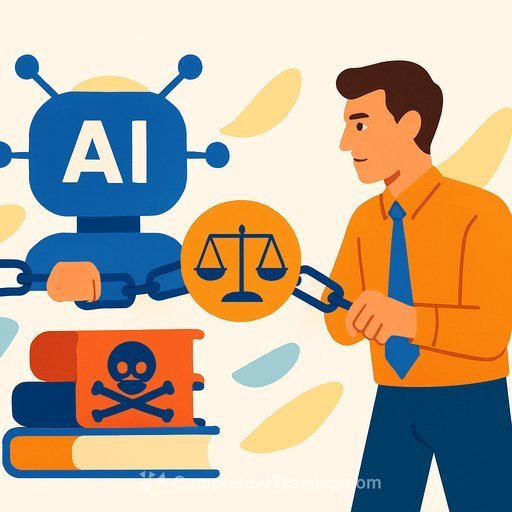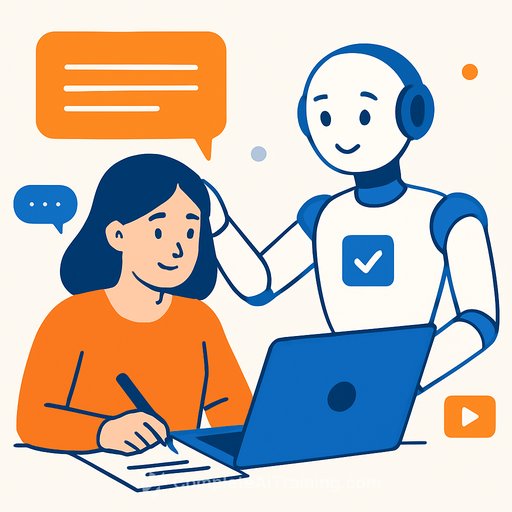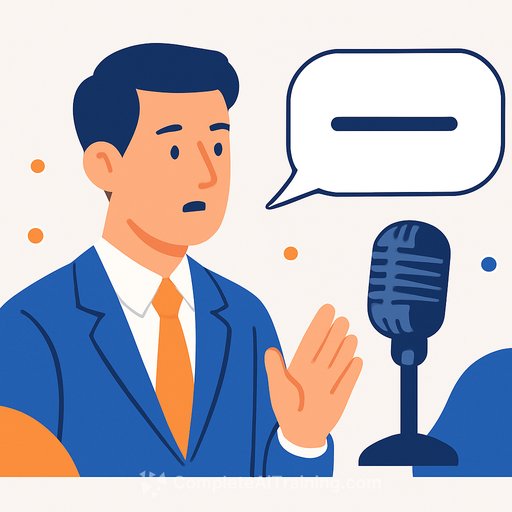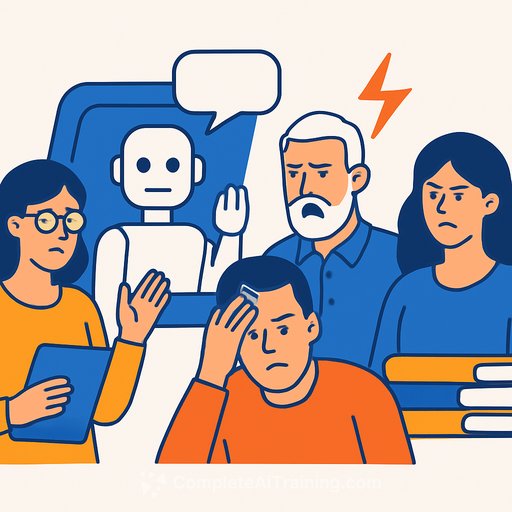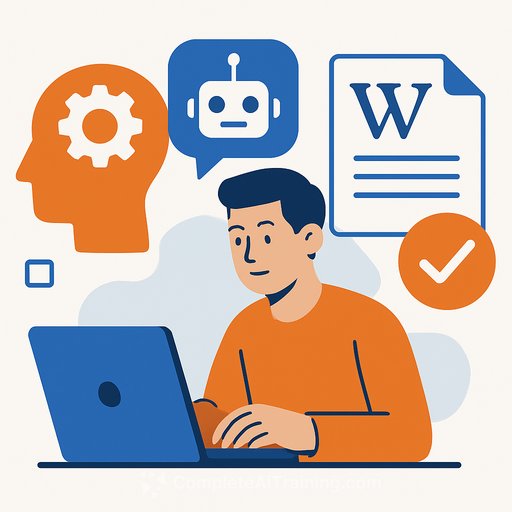$1.5 billion settlement: Zakes Mda and fellow authors win case over AI training without permission
Acclaimed South African author Zakes Mda has confirmed he's part of a group of writers who secured a landmark class action settlement in the United States against Anthropic. The case centers on the use of books-without permission-to train large language models.
According to Mda, the settlement in Bartz v. Anthropic was preliminarily approved in September 2025. Authors whose US publications were used will receive a share of $1.5 billion (R25,745,805,000).
What was used
Mda says several of his works appeared in the training data, including:
- The Heart of Redness
- The Madonna of Excelsior
- The Whale Caller
- She Plays with the Darkness
- Sometimes There Is a Void: Memoirs of an Outsider
He put it plainly: he didn't consent, and neither did other writers. A settlement means there's compensation on the table-shared among many authors-not a single payout.
Why this matters for writers
This case signals something simple: consent and compensation matter in AI training. If your US-published work was ingested, you may be eligible for a portion of the settlement-check with your agent or publisher, and confirm where and how your titles were distributed.
More broadly, this is a push for transparency. Who's training on what, under what license, and who gets paid? This decision moves that conversation from theory to cash flows.
The legal gray areas Mda raised
Mda asked the hard question for South African writers: what recourse do locals have? It's still murky, especially around whether "fair use" (a US concept) or similar doctrines protect or undermine claims in comparable cases.
If you publish globally, exposure to US markets can create a legal path-even if you're based elsewhere. But local protection needs clarity, and that conversation is far from over.
Action steps for authors
- Talk to your agent or publisher about whether your US editions were used in AI training and whether you're in scope for the settlement.
- Keep clean records: ISBNs, editions, territories, and contracts. You'll need proof of publication and rights.
- Add clear AI-training clauses to new contracts and reprints. Spell out consent, licensing terms, and compensation.
- Monitor dataset disclosures and public corpora lists where possible. If you find your work included, document everything.
- Coordinate with author groups for legal updates and collective action. Class actions move because authors move together.
A quick legal primer (worth bookmarking)
Want a refresher on how US "fair use" works? The US Copyright Office explains the basics here: Fair Use - U.S. Copyright Office.
Want to stay sharp on AI's impact on writing?
If you're rethinking your workflows and rights strategy, here's a curated starting point for writers exploring AI tools: AI tools for copywriting.
Mda summed it up with perspective: the billions are shared by many, but compensation is finally tied to specific books. That's the shift. For writers, it's time to tighten contracts, track rights, and claim your share when your work is used.
Your membership also unlocks:

